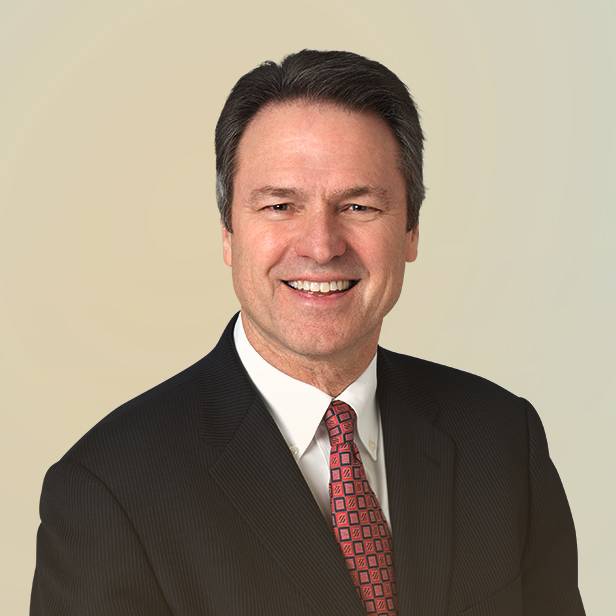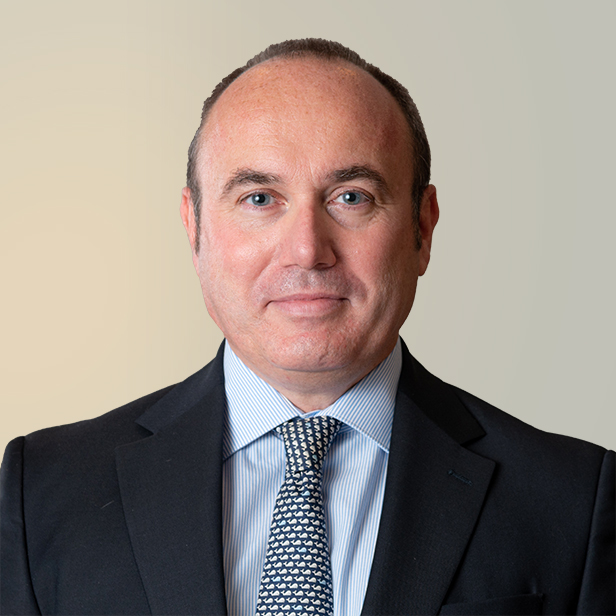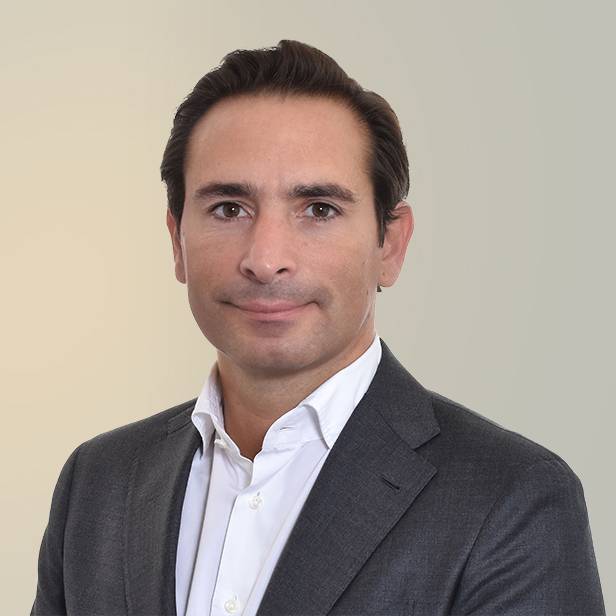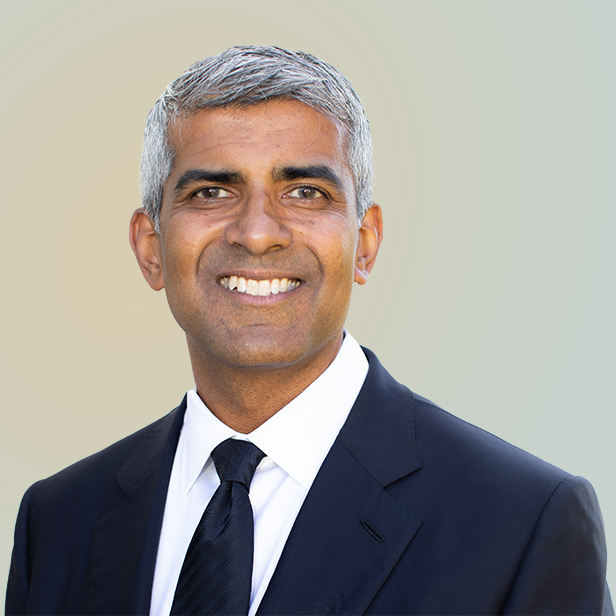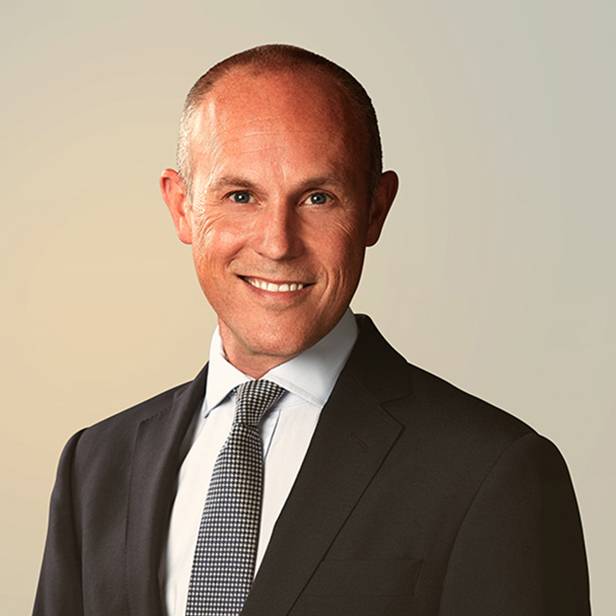How Companies are Mastering the Internet Economy
Jul 2019
Lincoln Managing Directors discuss the evolution of consumer behavior and what it means for the economy. Click the banner above to watch the video.
Rob Brown: So why don’t we jump right into it, Brad lets start with you- You know we hear so much about just ever evolving behavior of consumers and what that means for the economy and how do people keep up with it. From your perspective, what do you think that means for the companies, I mean who are you seeing kind of winning in this rapidly evolving change in consumer behavior?
Brad Akason: So let me start with a recent e-commerce success. We did a deal recently called Pelican Water, which is a consumer durable branded water conditioning business. And so think about water coming into your home at the point of entry- A water softener, a water conditioner, a water filter or water that is coming into your faucet, so think about a water filter. So think a business like that and they invested in technology for the business, they invested in an e-commerce platform that they really plan to use to support the strategy and to really scale the business. That entire focus of their business has been about communicating with the consumer, about teaching them and educating them about water. That’s what matters to them. Pelican is really focused on making sure that the consumer is learning everything they can and getting their questions answered. The business was sold. by the way to Pentair for a little more than 3X revenue, we had 15 global strategic bidders for that business and at the end of the day it was because of this e-commerce platform. Again, I mentioned a moment ago that you know they were doing everything for the consumer to be educated, but they were also making the consumer journey, the customer journey really easy. And so Pelican will let you communicate with them however you want, so if you’re a customer and you want to learn about water and deal with Pelican, you can use the pony express, you can text them, you can email them, call them, get online and do a chat. And so they made that really easy, yes they’ve invested in some technology, yes they’ve invested in some people, but what’s interesting, another part of the success that they’ve had in dealing with e-commerce is Pelican doesn’t believe that a company alone with it’s staff can keep up. No way. The tools of google and Facebook are changing too rapidly- They just can’t do it alone. And so part of their team are also third party consultants that they have in marketing and technology and that’s part of their secret sauce. So again, bottom line, this is a company a small durable branded consumer product company that built such an effective e-commerce platform that multi-billion-dollar companies were just drooling to own this and literally leveraged that platform across their entire company.
Chris Stradling: You know Brad, I’d actually like to maybe tell a different story about another company that was sold called BAS which was another e-commerce platform and so often we focus on the e-commerce element of the business and the front end of the business and BAS had all of that- They had dozens of websites that they would pull every consumer every search for a particular products coming off of them. And they were then selling thousands of products every day of highly customized, mass customized products. This was signs and banners and other things that were all individually made for the consumer. The magic of what they did was well beyond what just happened at the front end of their business. The magic of what they did also was what happened at the back end where their production was capable of taking these thousands of orders and every time delivering right and quick and out the door within one day these orders that were highly customized and doing it in a very cost-effective manner. So as we think about e-commerce, yes the front end is extremely important, the back end to deliver on the promises that the front end gives is also an important part that people should think about as they think about evolving their business into this continuing expanding e-commerce platform.
David Houser: I have another example. So there’s a company presenting here today, The Enthusiast Group, that ten years ago consisted primarily of an offline print publication, a publication called Becketts. There’s nothing more old school than a print publication, but the CEO Sandip, whose sitting over there, he saw something that mattered, he saw a brand that matters and he saw an opportunity to transform the business and take an offline business completely online. So you flash forward ten years later you have a business model that’s being completely transformed, it’s online, it has a subscriber base, the brand still matters but it has broadened out to many online revenue streams and it has a very sticky loyal consumer base of 25-44 year old males who are into sports memorabilia as well as gamers.
Summary
-
Lincoln International explores the evolution of consumer behavior and what it means for the economy.
- Sign up to receive Lincoln's perspectives
Contributors
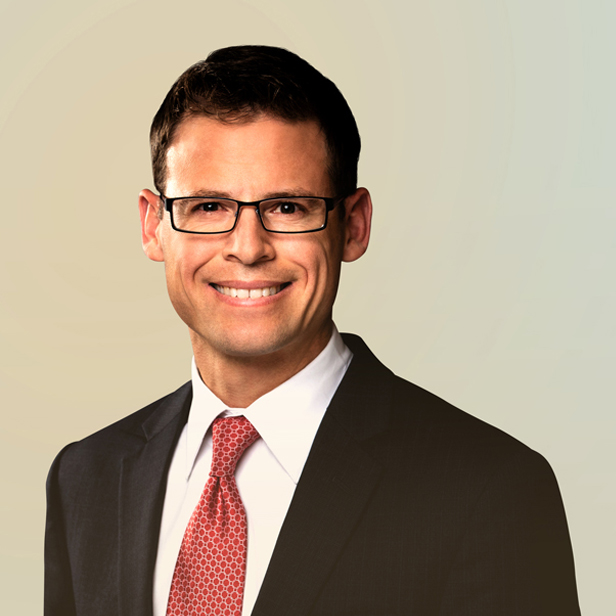
My passion is positioning high-quality businesses for maximum valuation. I thoroughly enjoy partnering with business owners to reach their goals through life-changing transactions.
Christopher Stradling
Managing Director & U.S. Co-head of Consumer
ChicagoMeet our Senior Team in Consumer

It’s an exciting time to advise clients in the consumer sector. Major changes in consumer preferences and how products are purchased create a rich environment for business owners and investors to succeed.
Dirk Damegger
Managing Director & European Co-head of Consumer
Frankfurt
I have a hands-on approach and bring energy, creativity and passion to every client transaction.
Eddie Krule
Managing Director
ChicagoRelated Perspectives

Lincoln International Managing Directors Recognized as Emerging Leaders
Lincoln International is pleased to share that The M&A Advisor named Managing Directors Adam Gifford, Brian Goodwin, Eddie Krule and Scott Molinaro as recipients in the Emerging Leaders Awards. These… Read More

Food & Beverage Market Update Q1 2024
The M&A market remained somewhat challenged during the first quarter; however, we experienced improved dealmaking conditions.

Consumer, Business and Economic Trends Align to Drive New Interest in Recommerce
Back in 2021, the recommerce industry seemed to have finally hit its stride, with the sector experiencing a surge in transactions, valuations and deal sizes. At the brink of becoming… Read More

The Fitness Investment Landscape
State of the Fitness Market: presented by L.E.K. Consulting Fitness Market Stabilization and Return to Growth Few industries were as negatively impacted by COVID-19 as the in-person fitness industry. Deemed… Read More

